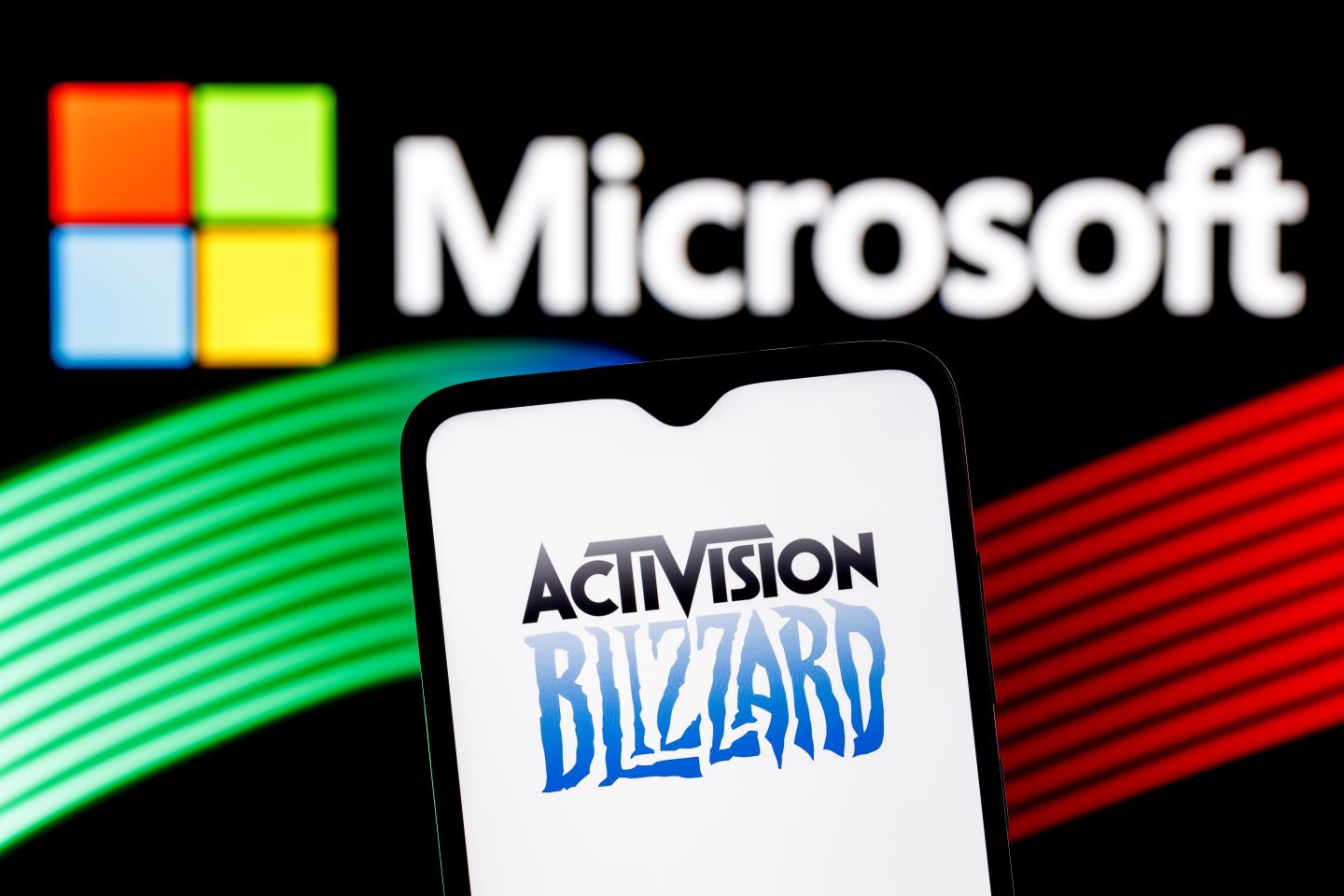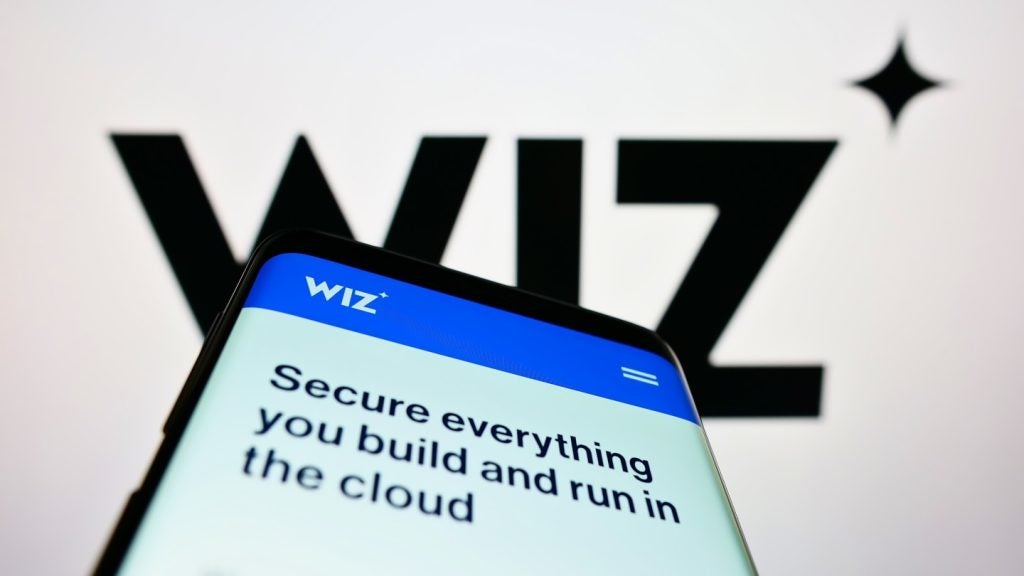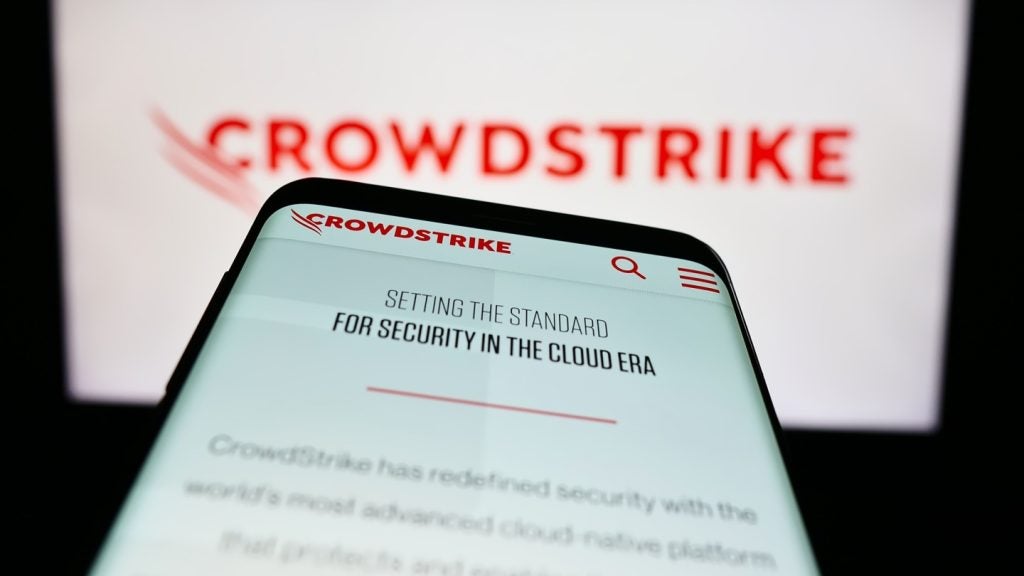One year, eight months, and 26 days after its initial announcement, Microsoft’s $68.7bn acquisition of Activision Blizzard has been completed. Before this deal, Microsoft owned two-thirds of the global cloud gaming market. This troubled regulators and contributed to the unusually long acquisition process. The anti-trust apprehensions of such authorities as the US’s Federal Trade Commission (FTC) and the UK’s Competition and Market Authority (CMA) have been well-documented. Monopoly is rarely beneficial to the consumer experience, and Microsoft has made commitments to address these concerns.
Activision Blizzard has a history of publishing excellent games but also of overseeing poor user experiences. For Microsoft, purchasing Activision has meant purchasing this history. For this deal to have a positive impact on the gaming experience Microsoft must learn from Activision’s mistakes. Fortunately, Microsoft has already shown its commitment to reshaping the gaming industry to be fairer and more accessible.
Activision’s lapses in judgment
Activision’s relationship with Bungie’s online first-person shooter Destiny has been the source of several controversies. After releasing the game in September 2014, the first piece of downloadable content (DLC) was released in December, and the second in May 2015. It later became apparent to players that much of the DLC already existed in the original game but was artificially blocked. With the base game being $60, and each expansion being $20, many felt cheated out of content. Destiny cost $500 million to make, and it was clear that Activision was keen to make back their money as quickly as possible.
Destiny 2 became a concern for players. Aside from the cost of the game and its DLCs—$275 in all, with a $10 pass every season—the game’s very existence was questioned. The same was true for Overwatch 2. These games were interpreted as Activision inappropriately attempting to recreate the success of the Call of Duty revenue model. Destiny and Overwatch, in contrast, were created as standalone titles. The decisions to divert developer resources towards new games that players didn’t want to monetise the IP further was poorly received; updates became less frequent and balance problems were allowed to fester.
When Activision and Bungie prematurely terminated their ten-year publishing deal in 2019, Activision’s president, Coddy Johnson, stated that Destiny & Destiny 2 were not contributing enough to Activision’s revenue forecasts and were drawing too many developer resources away from other titles. Bungie confirmed that it was a mutual breakup, but later stated that they were also being pressured to develop a third instalment of the franchise.
These decisions by Activision suggest a lack of respect for the individuality of the games that it publishes in pursuit of revenue maximisation. There is a risk that, having committed such a large sum to this acquisition, Microsoft will want to make its money back too quickly and make the same mistakes as Activision, becoming too involved in the development schedule of its titles and creating products that are rushed, overpriced, or unpopular.
How well do you really know your competitors?
Access the most comprehensive Company Profiles on the market, powered by GlobalData. Save hours of research. Gain competitive edge.

Thank you!
Your download email will arrive shortly
Not ready to buy yet? Download a free sample
We are confident about the unique quality of our Company Profiles. However, we want you to make the most beneficial decision for your business, so we offer a free sample that you can download by submitting the below form
By GlobalDataCloud gaming and the end of the console war
The deal that satisfied regulators reduces this risk significantly. Microsoft has committed to selling its cloud gaming rights to Ubisoft to distribute Microsoft’s gaming intellectual property (IP) outside of the European Union for the next 15 years. Further to this, Microsoft also guaranteed equal access to major titles such as Call of Duty to PlayStation users for ten years, as well as all other Activision Blizzard games. This decentralizes Microsoft’s earning opportunities and ensures quality products are released at affordable prices through market competition.
This deal represents a shift in the relationship dynamic of the two console gaming companies. Since the Xbox’s release, the ‘Console Wars’ between Sony and Microsoft over user numbers has been characterised by needlessly anti-consumer exclusivity deals. PlayStation-exclusive content, for example, was common in Destiny; Xbox and PC users, meanwhile, have had exclusive access to the Halo series (another series developed by Bungie for Xbox between 2000 and 2007). Microsoft’s guarantees are a show of good faith—and good business—marking a downturn in console hostilities. The accessibility of gaming on the cloud is incompatible with the exclusivity that has defined console gaming for the last 20 years. Selling the distribution rights to Ubisoft and guaranteeing equal access for Sony and Nintendo is a step in the right direction that prioritises the quality of the user experience to generate more revenue, with the best games—rather than the console—winning out. It is essential that Microsoft enforces this new dynamic for gaming to thrive.









Related Company Profiles
Microsoft Corp
Sony Group Corp
Nintendo Co Ltd
Activision Blizzard Inc